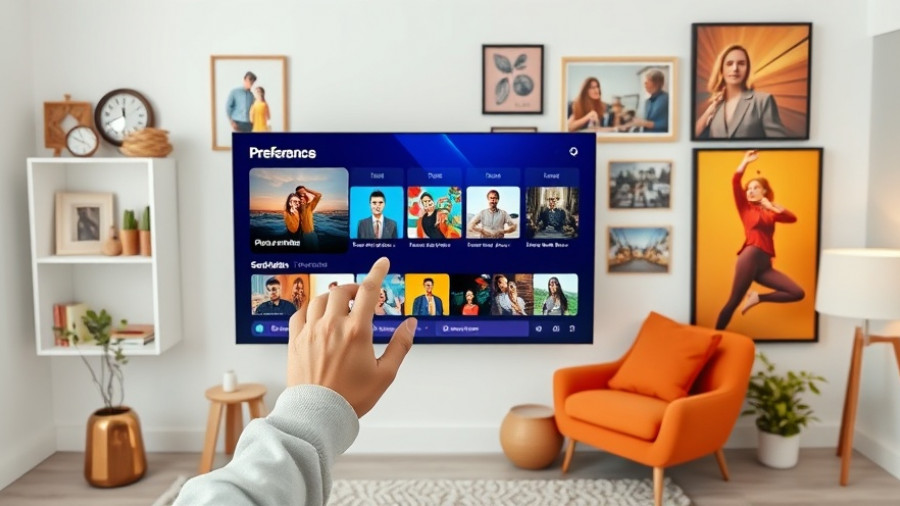
Is AI Compromising our Privacy?
In today's digital landscape, AI technology is woven into nearly every aspect of our lives, from smartphones to web applications. This infiltration poses new questions about user privacy and data security, as AI often demands extensive access to our personal information.
Understanding AI Permissions and Risks
The trend of AI applications requesting excessive permissions echoes the past behavior of seemingly harmless apps, such as “flashlight” or “calculator” tools that seek access to one’s contacts or location for dubious reasons. In a recent example, Perplexity's Comet browser requested numerous permissions from users' Google accounts, including access to calendar management and email drafts, revealing a disturbing pattern where user consent to these requests could lead to significant privacy violations.
The Implications of Data Collection
As AI tools grow more sophisticated, they often promise users convenience in managing tasks like summarizing emails or setting appointments. However, this convenience can come at a cost, as companies may use the collected data to enhance their services or monetize user information without clear disclosure. Prominent figures like Meredith Whittaker have emphasized these risks, comparing the act of using AI assistants to "putting your brain in a jar," where you unknowingly relinquish control over your personal data.
The Importance of Caution
For consumers, the message is clear: think twice before granting AI systems sweeping access to personal information. The trade-off between convenience and privacy is a significant concern that warrants personal reflection. By asking critical questions about why an AI tool needs certain permissions, users can better protect their private data from unnecessary exposure.
Ultimately, users must navigate this complex landscape with discernment, making informed choices about which tools to trust. Security and privacy must remain paramount in today's tech-savvy society; the responsibility lies with both AI developers and consumers alike to uphold these values.
 Add Row
Add Row  Add
Add 




Write A Comment